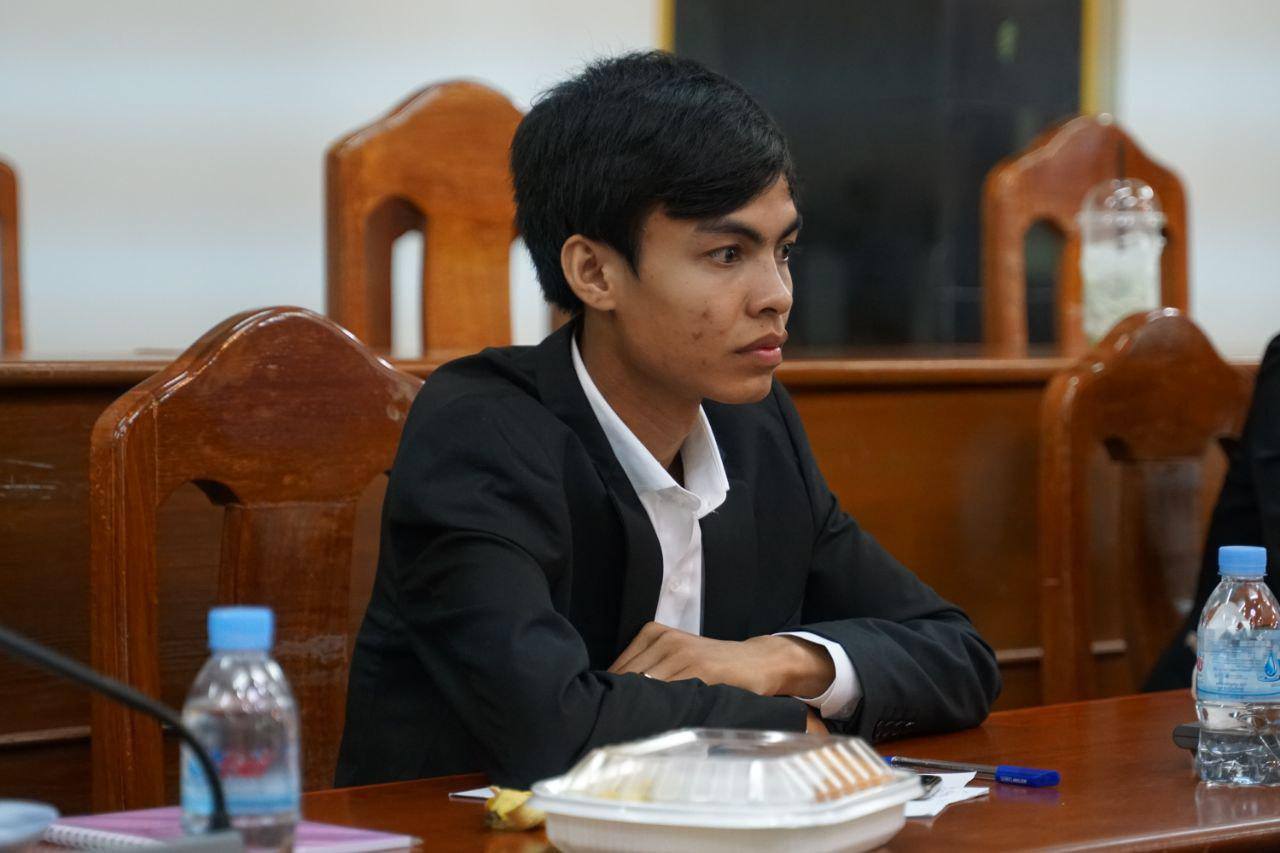In our project called "Youth Debate the Development of the Access to Information Law in Cambodia", we are striving to create a fruitful dialogue between young citizens and key actors in the process of drafting the legal text in point. Therefore, API regularly organizes meetings meant to facilitate this conversation, bring the topic to the attention of a broad public and offer feedback on the latest developments. This was the case on June 30, too, when our workshop was attended by H.E., Mr. Sophoan Meas, Undersecretary of State in the Ministry of Information, as well as by legal experts, numerous civil society activists and journalists, and representatives of international development partners such as the Swiss Agency for Development and Cooperation (SDC).
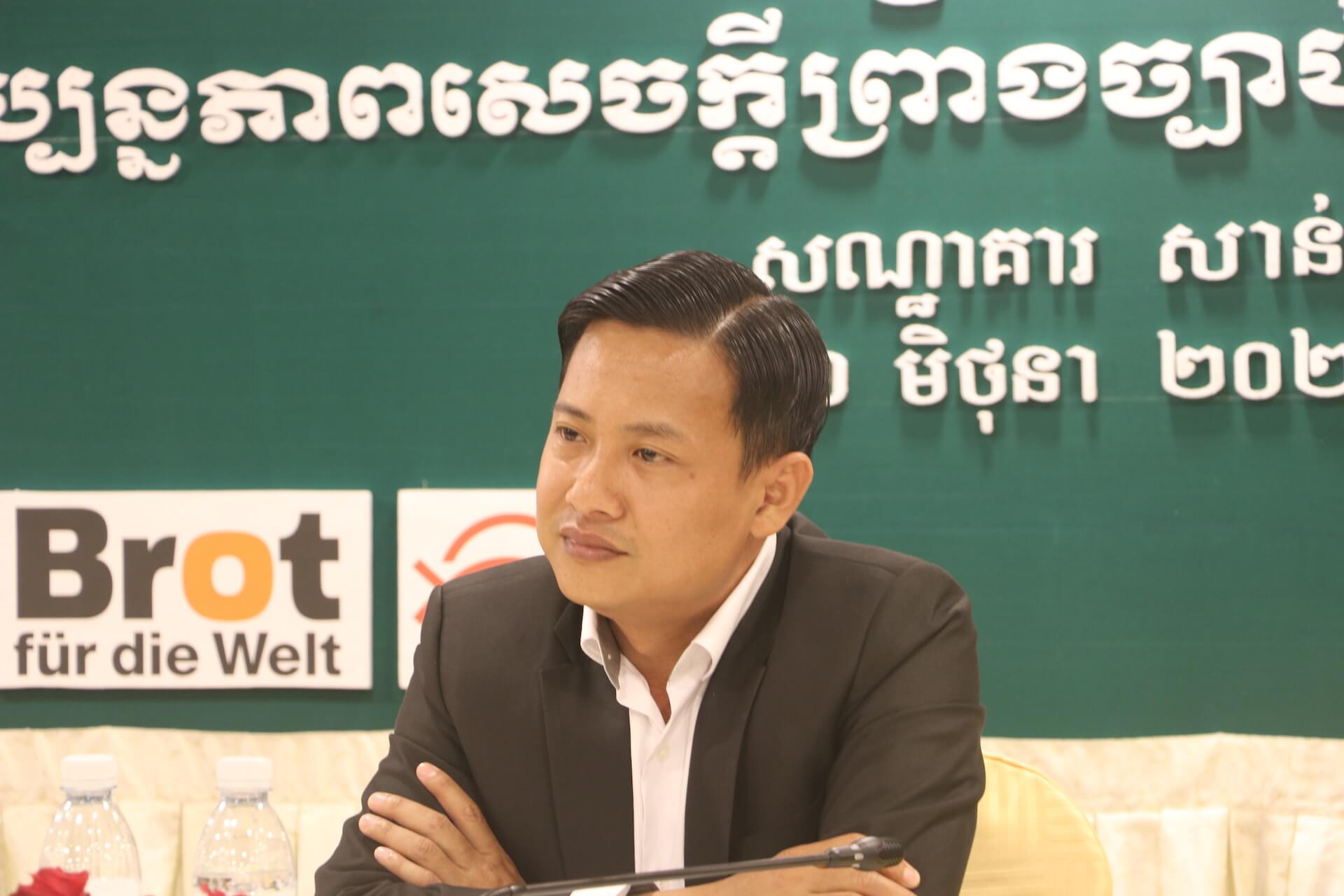
On this occasion, Undersecretary Meas announced that the consultation process with key ministries has been completed, and he reiterated the committment of the Government to have the law passed within this year. Various representatives of civil society organisations commended this commitment and appreciated the fact that, especially under the auspices of the Ministry of Information and UNESCO, a better environment has been created for CSOs and other stakeholders to take an active role in the consultation process. API's Senior Programme Manager Phorp-Barmey Phan, who gave a detailed presentation of the provisions of the draft, also expressed confidence that the legal text stands a good chance of being adopted very soon.
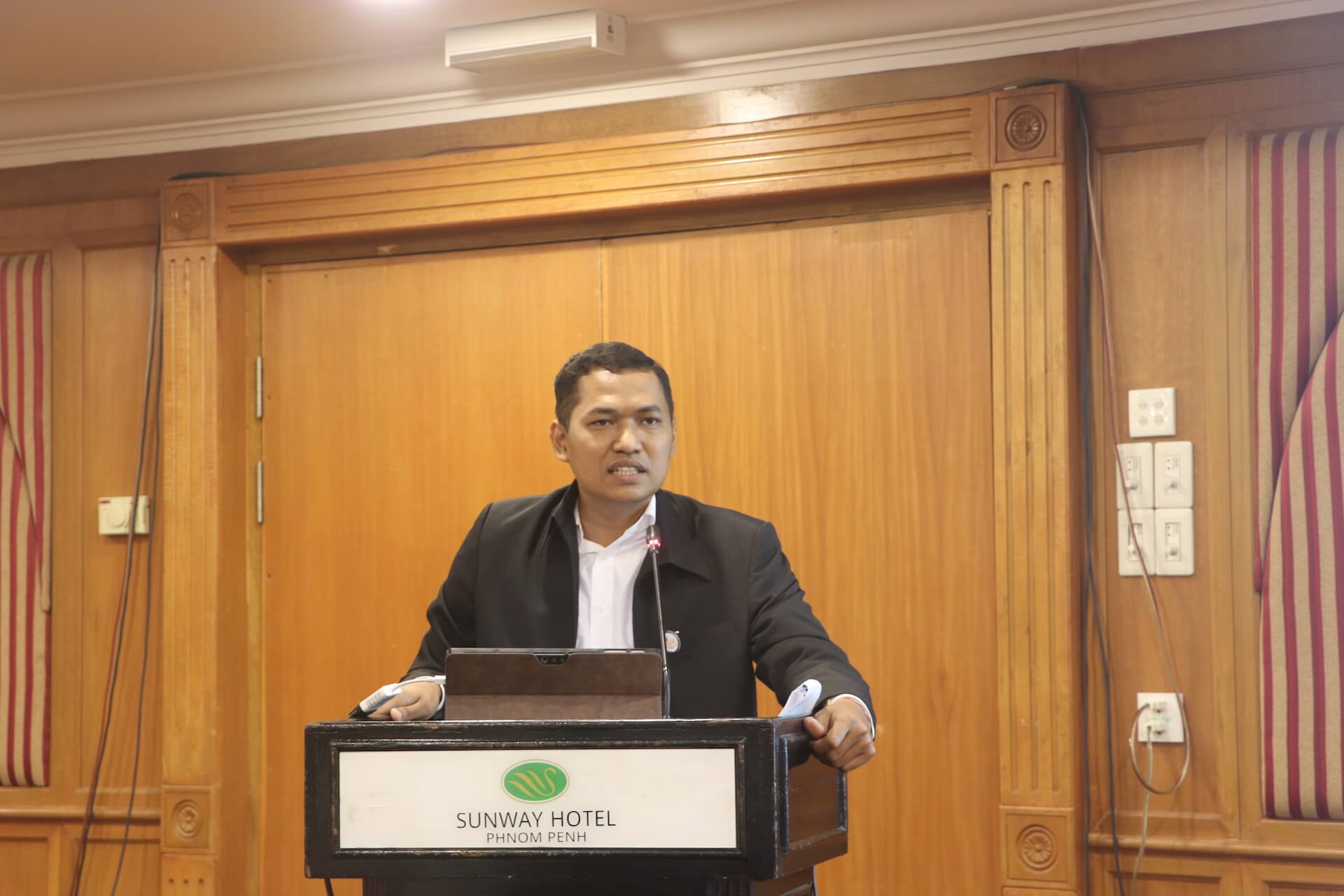
However, a number of participants in the workshop raised questions and suggested improvements of the draft. Thus, Dr. Raymond Leo, legal expert and project advisor of API, made concrete proposals for amendments. In his view, for exemple, the legal term for disclosing public information (or notifying the authors of the request that the required information is secret) should be shortened from 15 to 5 working days. More importantly, the concept of secret information should be defined in a clearer way, without blanket provisions which could give way to abuse, as Dr. Leo emphasised. In a similar note, Mr. Samoeun Sok, Attorney at Law and one of API's consultant trainers, commented that the draft does not offer enough protection for whistleblowers who disclose illegal behaviour in publc institutions, thus failing to ensure sufficient transparency.
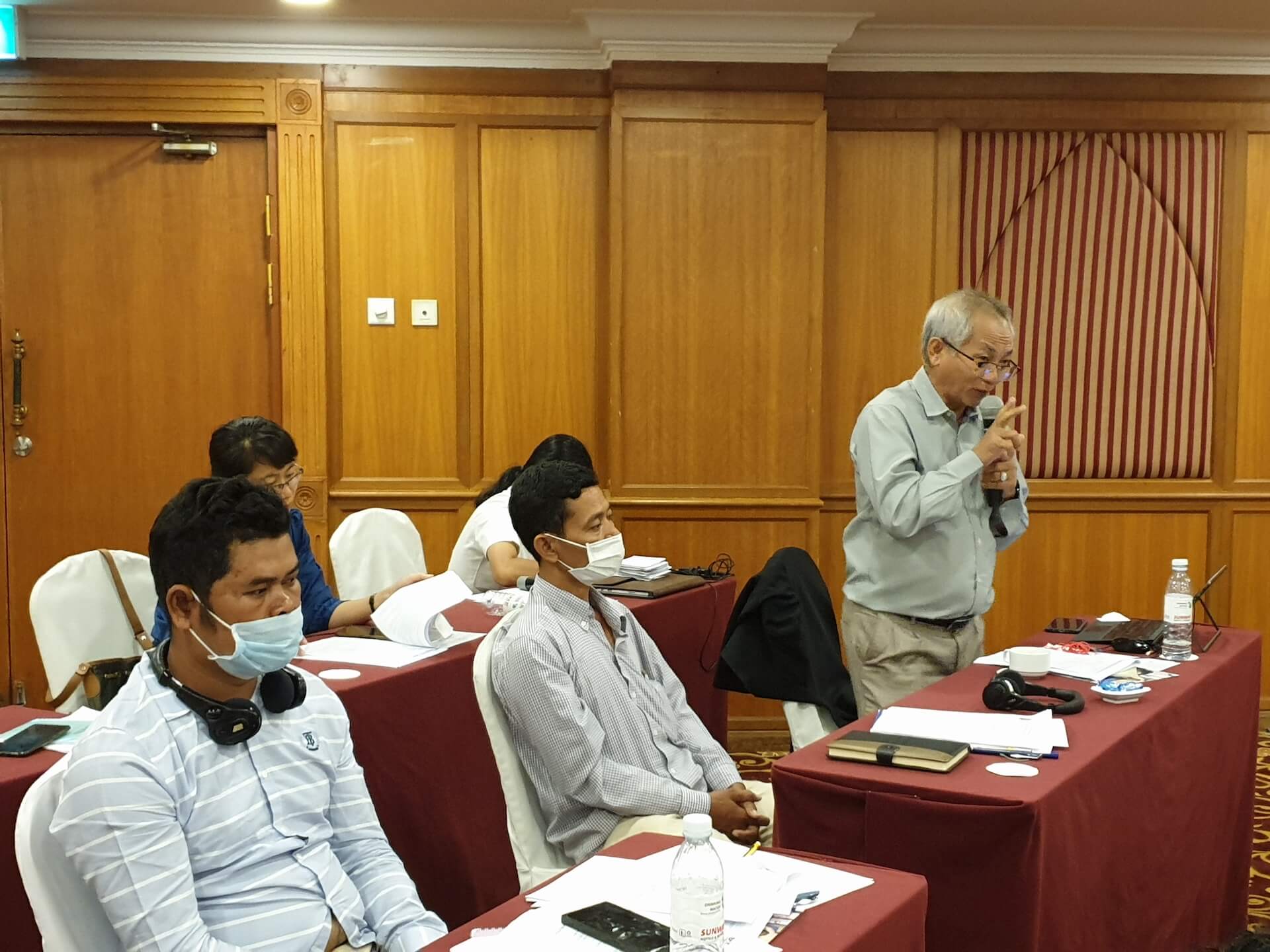
Further needs for improvement were brought to the public's attention by Mr. Sen-Karona Seung, a speaker for Ad Hoc, who shared his human rights' organisation's concern that cases of corruption in state institutions might be difficult to reveal and investigate if the law allows details of the public budgets to remain secret. Therefore, he suggested that article 20 of the draft should be amended consequently, in order to eliminate such exceptions. On the other hand, Professor Kasumi Nakagawa, a member of API's Board of Directors, proposed that the law should explicitely refer to the women's right to access public information, a provision which would be especially relevant when it comes to issues of health and public health services, Ms. Nakagawa said. Ms. Sotheavy Srey, the Director of the Alliance for Conflict Transformation (ACT) raised the question of the protection that the law should offer to citizens and journalists who publicly disclose irregularities or abuses, for instance on social media.
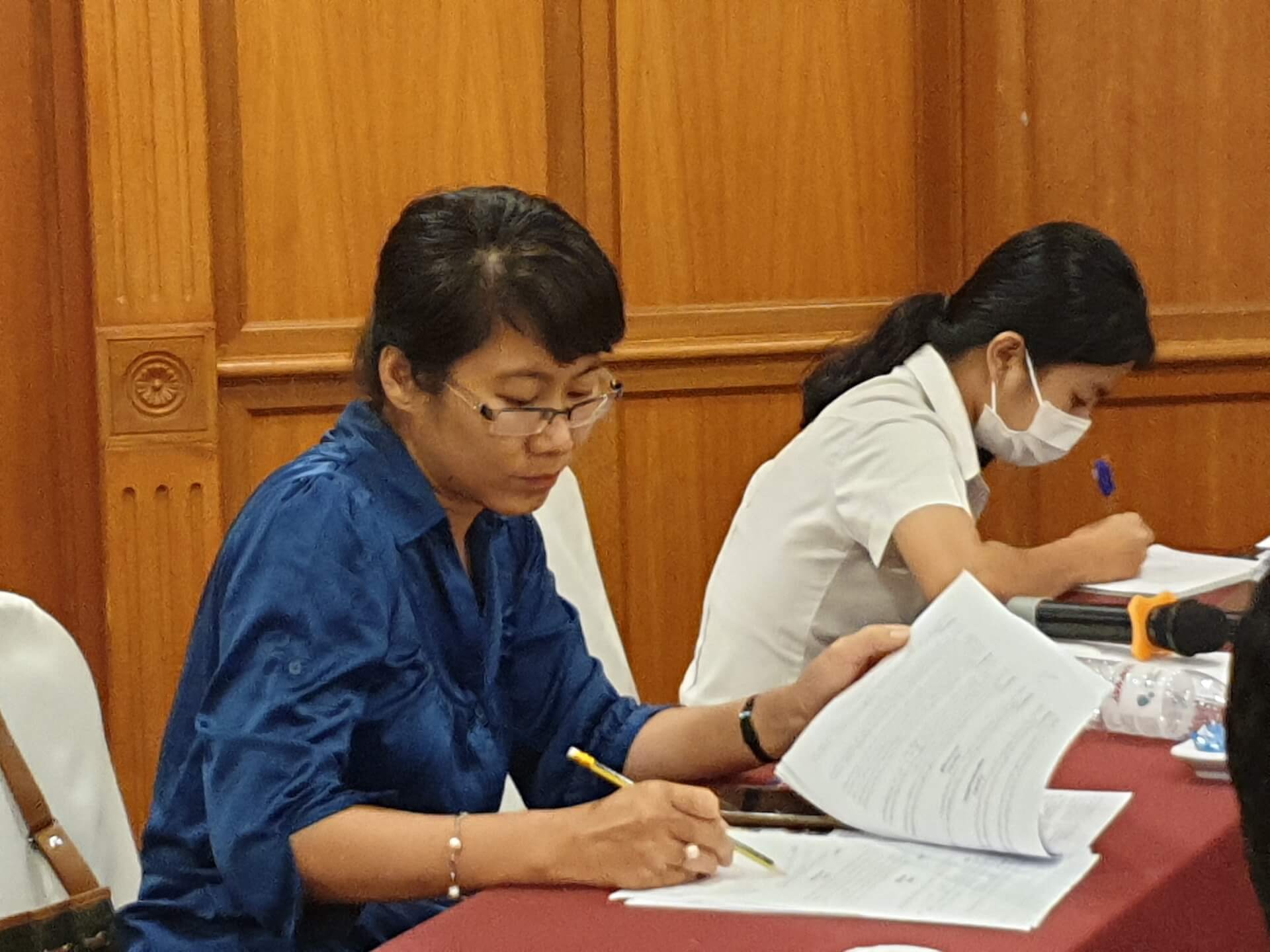
API has been advocating for an Access to Information Law ever since our organisation was founded, back in 2003. A Draft for such a law was officially released for the first time at the beginning of 2018. Subsequently, the Ministry of Information continued its consultations with other key ministries, as well as with international development partners and civil society actors, and it updated the draft, the latest version having been published in April 2020. A detailed analysis of this version is available here, and it contains all the recommendations which emerged from the fruitful dialogue between our team, legal experts like Dr. Leo, representatives of youth groups and other partner and endorsing organisations. We strongly hope that the Council of Ministers and the two Chambers of Parliament will take into account these points when they discuss the draft, later this year.
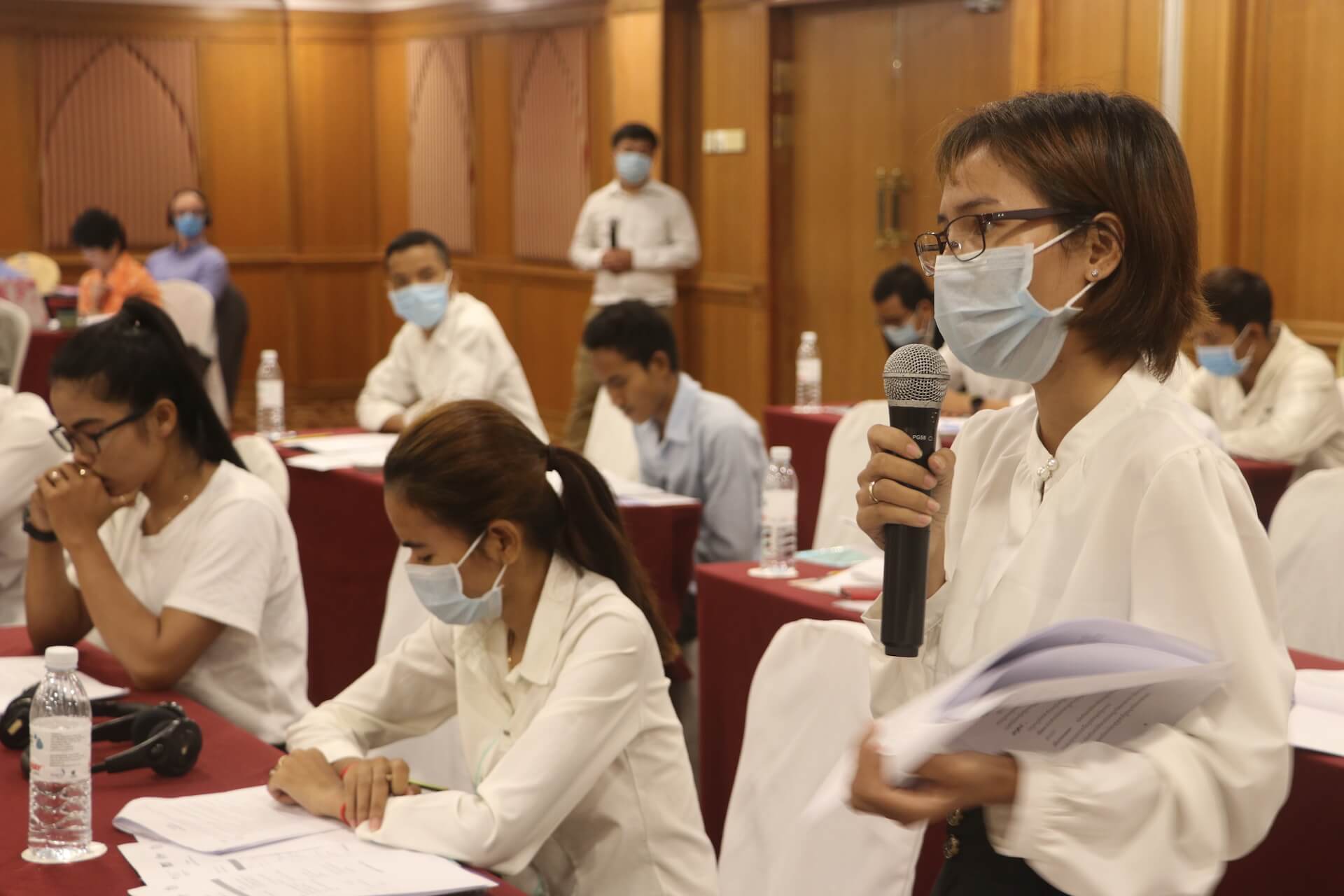
API's Director, Socheat Lam stated that better regulated access to information "is beneficial to the state, the private sector, but especially to the citizens, since, in exercising their freedom of expression, it is crucial for them to be able to base their opinions on accurate information". Therefore, especially youth, who are often active in advocating for social issues, should have a clear legal guarantee for their right to access public information, Mr. Lam said. Indeed, the youth group representatives who participated both in the workshop and in the subsequent briefing meetings with members of the National Assembly, at the beginning of July, and the Senate, one month later, raised very important points, confirming the importance they attribute to this fundamental right and to the protections the law should contain in order to help them exercise it in an optimal way. Among the suggestions they made, the issue of what is classified as secret, as opposed to public information, as well as the topics of whistle-blowers are worth mentioning as cornerstones for any future attempt to assess whether the eventually adopted legal text actually represents a serious commitment to transparency and social accountability or rather falls short of these fundamental goals.
